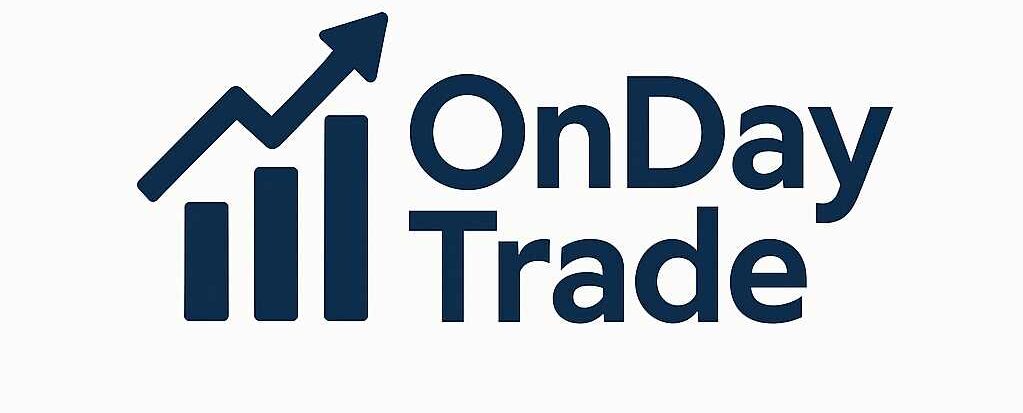Australia is debating taxing platforms like Google & Meta to fund journalism. Explore the proposals, their impact on journalism, and lessons from other countries.
Should Australia Tax Big Tech to Save Journalism?
Australia is once again debating how to deal with the growing power of tech giants like Google and Meta — and how to make sure journalism doesn’t disappear in the process. A committee in the Australian Parliament recently released its second interim report, recommending that the government consider a tax on digital platforms to help fund journalism. It also suggests that platforms be required to carry news content from journalistic sources.
These ideas are part of a larger investigation into how social media is affecting Australian society. The final report is set to be released in November 2025.
So far, the recommendations aren’t legally binding, but they could shape future policy.
Journalism Is Struggling — And It’s Not New
It’s no secret that journalism is in trouble. This has been going on same for years now. Newspapers have lost subscribers, advertising dollars have shifted to digital platforms, and even digital subscriptions aren’t making up the difference for many outlets.
Platforms like Google and Facebook (now Meta) have basically taken over online advertising. Their targeted ads are just way more efficient than what traditional news outlets can offer. And when people scroll through their feeds, they’re not always looking for news — they want entertainment, memes, or something quick and light. That puts serious pressure on real journalism, especially the kind that takes time, money, and research.
Local and Regional News Outlets Are the Most Impacted
Local and regional news outlets are the most impacted by this issue. While national papers may have the resources to stay afloat, small-town and rural publications often don’t stand a chance. And when these smaller voices disappear, communities lose more than news — they lose connection.
Australia Tried to Fight Back Once Before
Back in 2021, Australia passed something called the News Media Bargaining Code, which was meant to force platforms like Meta and Google to negotiate with publishers and pay for using their content.
It didn’t go over smoothly.
Facebook actually blocked all news content in Australia for a while — even weather services and emergency pages got caught in the mess. Eventually, both Meta and Google struck agreements with major Australian news organizations.
That helped… for a little while.
But earlier this year, Meta pulled out. They said they wouldn’t renew those contracts, claiming that only a tiny slice of their users actually care about news. That’s a huge blow to media companies that were relying on those payments — especially the smaller, regional ones.
This move showed just how much control the platforms still have. And it reminded everyone that voluntary agreements aren’t enough. If funding for journalism can vanish overnight with a single corporate decision, then the system clearly isn’t sustainable.
What’s on the Table Now?
The committee is recommending that the government step in — at least temporarily — to make up for the money lost when Meta walked away. One idea is to create a transitional fund that would support independent and regional media outlets, particularly in rural areas where journalism is disappearing the fastest.
But they’re also thinking longer term. One big proposal is a tax on digital services, something like 2% of advertising revenue. That money could then be distributed to support public interest journalism.
There’s also talk of forcing online platforms to actually include news content in their services — so real journalism doesn’t get buried under viral posts, TikToks, or influencer content.
Some experts think this model could work if it’s done right. But others warn that unless there’s transparency in how funds are distributed and which outlets qualify, it could end up favoring the big players all over again — leaving small independent publishers out in the cold.
What About Other Countries?
Australia isn’t the first to try this. Countries like Germany, Spain, and France have all tried similar rules based on what’s called “ancillary copyright” — the idea that platforms have to pay when they use news snippets or headlines.
But it’s been a mixed bag. In France, Google was hit with a big fine for not following the rules. In Germany, most publishers barely make any money from it. These models haven’t really delivered the kind of support journalism needs, and tech companies keep finding ways to avoid serious obligations.
That’s why Australia is considering more direct solutions this time — like taxation or even requiring platforms to follow new transparency rules.
What’s also clear is that every country trying these models runs into the same wall: tech platforms are global, but regulations are national. That makes enforcement tough — especially when companies can simply threaten to withdraw services in protest.
Transparency, Oversight, and Algorithms
The committee also wants to establish a digital oversight body — kind of like a watchdog — that would monitor how platforms treat news content. They could make platforms share data with researchers and open up about how their algorithms work.
If news is being pushed down in the feed, or not shown at all, people need to know why. This is especially important if tech platforms are shaping public opinion without being accountable for what they promote (or hide).
The EU has already started doing this through its Digital Services Act, and the Australian committee seems interested in following a similar path.
They’re also suggesting the creation of a digital ministry — a government department focused specifically on online regulation. That’s a big move, but it shows how seriously this issue is now being taken.
Why This Matters
This isn’t just about helping newspapers stay alive — it’s about keeping democracy healthy. Journalism holds power to account, keeps people informed, and helps communities stay connected. When that goes away, we all lose.
When algorithms are tuned to promote outrage, misinformation, or just the most clickable content, there’s a real risk that real news can’t compete. And without strong journalism, who’s left to challenge false narratives or expose corruption?
These aren’t just media problems. They’re civic problems.
Final Thoughts
So, should digital platforms be taxed to support journalism? Maybe. It’s not a perfect solution, and there’s still a lot to figure out. But the current system clearly isn’t working.
Platforms like Meta and Google have built massive businesses partly on the back of content they didn’t create — and many believe it’s time they give something back. Whether it’s through direct funding, regulations, or transparency rules, Australia is trying to lead the way in figuring out what that might look like.
If done right, this could help create a fairer, more sustainable media environment — one where journalists can do their job without being at the mercy of tech giants.
Let’s see if the final report brings action, not just talk.

